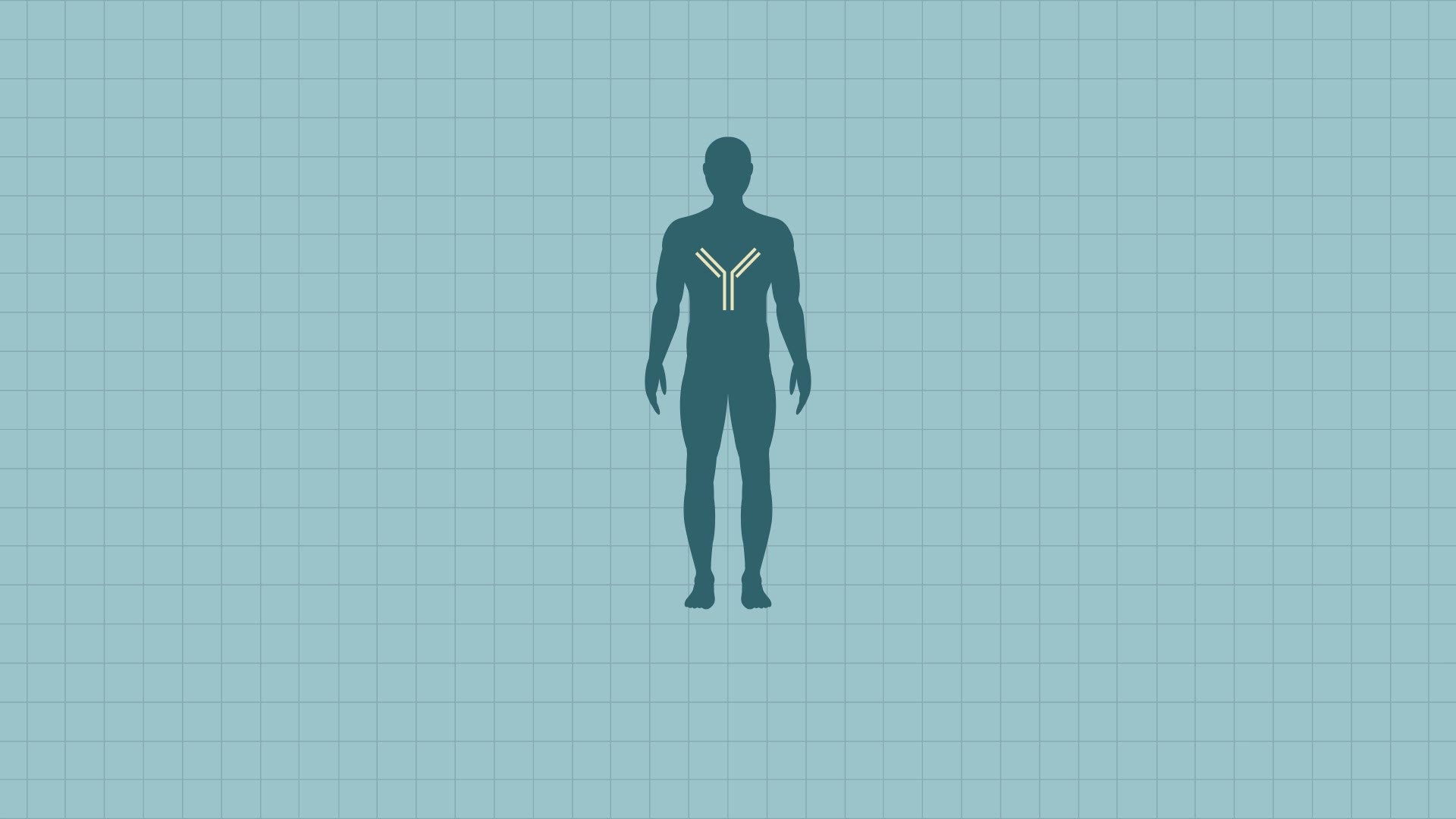WASHINGTON — Dr. Anthony Fauci, the country's top infectious disease expert, said the coronavirus turned out to be his "worst nightmare" and the pandemic is far from over.
"In a period of four months, it has devastated the world. And it isn't over yet," Fauci said.
Fauci, the director of the National Institute of Allergy and Infectious Diseases, made the remarks in a video interview with the BIO Digital virtual healthcare conference that aired Tuesday, according to reports by CNN and CNBC.
Fauci's comments come as the United States continues to slowly reopen from lockdown, all while dealing with massive protests in cities across the country over the police killing of George Floyd.
The coronavirus has infected more than 7.2 million people as of Wednesday morning, according to Johns Hopkins University data. The virus, which first emerged in Wuhan, China, has killed at least 411,000 people.
CNN reported that Fauci also discussed how different the new virus is compared to HIV or Ebola, which "was scary, but Ebola would never be easily transmitted."
The coronavirus appears to have a lower death rate than viruses like Ebola or SARS, but it has become more widespread. He said coronavirus took over the planet.
“That’s millions and millions of infections worldwide. And it isn’t over yet. And it’s condensed in a very, very small time frame,” he said, according to CNBC. “You know, first notice at the end of December, hit China in January, hit the rest of the world in February, March, April, May, early June.”
During the interview, Fauci praised the quick response of pharmaceutical companies in working toward a vaccine. He reportedly said the companies have "even outpaced the public health response in some respect, which you usually see it opposite."
He added that there will probably be more than one winner in the "vaccine field because we’re going to need vaccines for the entire world. Billions and billions of doses. So I’m almost certain that we’re going to have multiple candidates that make it to the goal line get approved and get widely used.”
RELATED: How are vaccines made?
Whether Americans will jump to take that vaccine is another story. An Associated Press-NORC Center for Public Affairs Research poll found 49% said they would definitely get vaccinated while 31% were not sure and 20% said they would not.
The main reason that 20% said they would not: Safety. Seven-in-ten of the "no" respondents are concerned about side effects. Forty-two percent fear the vaccine will actually give them the coronavirus. Less than half said they didn't think they would get seriously ill from the virus if they caught it or said the outbreak isn't as serious as some say it is.
The vast majority of those who would get the vaccine said they would do so to protect themselves, their family, their community and to feel safe around other people. Seventy-two percent said life will not go back to normal until most people are vaccinated.

